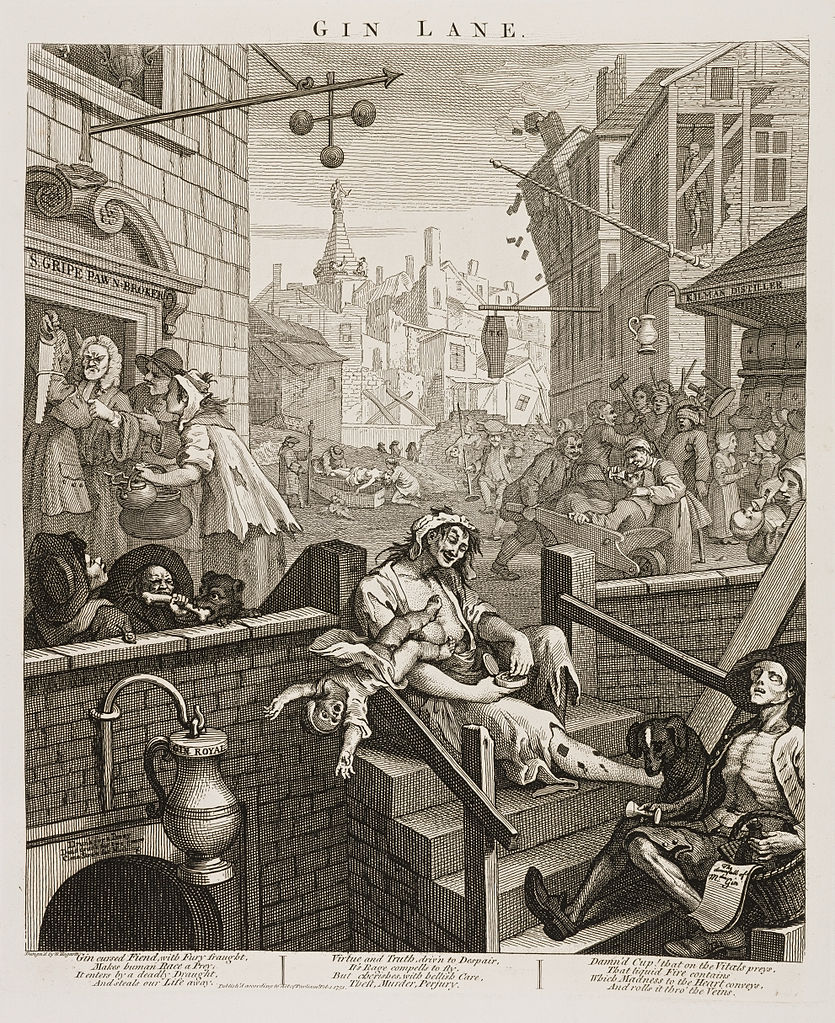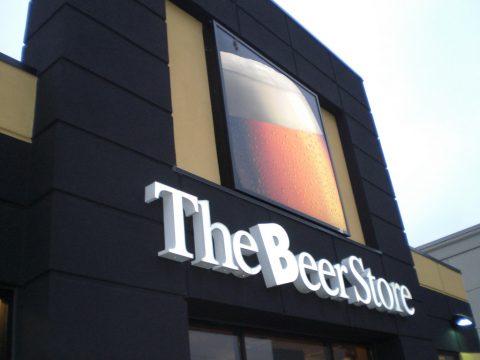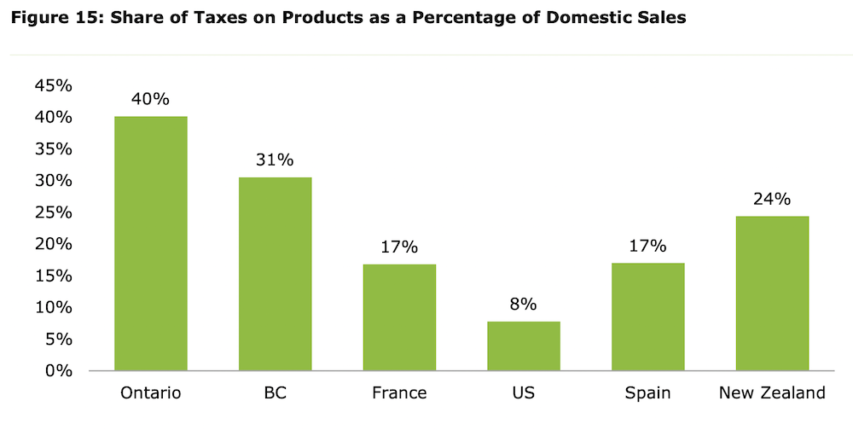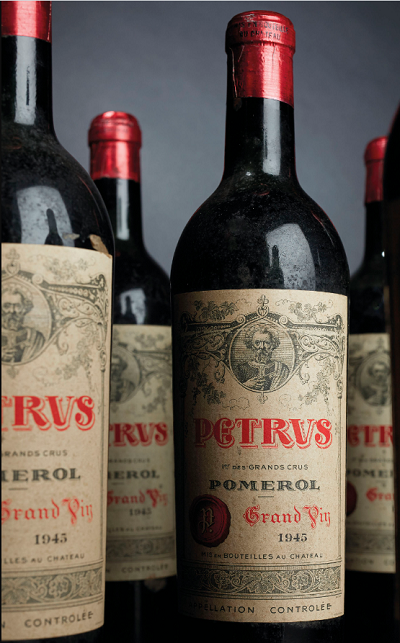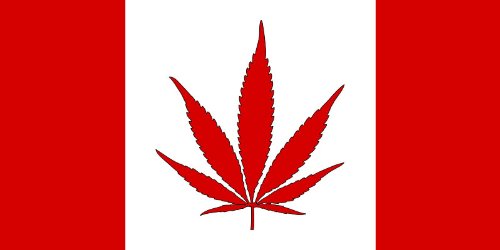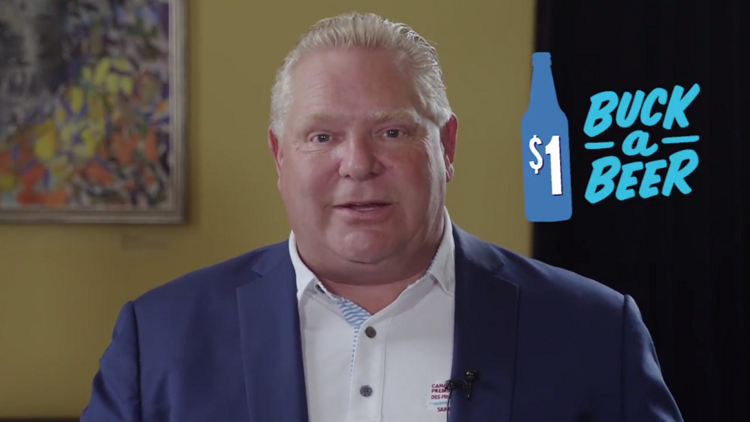Kelly McParland contrasts the Ontario government’s treatment of alcohol and tobacco as they’ve reversed position over time:
Ontario’s government-owned liquor monopoly operated bleak little dispensaries that had all the allure of an all-night pharmacy. No actual booze was allowed to be displayed, for fear the merest glimpse might turn solid citizens into a blubbering mass of addiction. You elbowed your way up to utilitarian counters with display boards that listed the limited products deemed acceptable for purchase. Using stubby little pencils, you scribbled down the name and code of the offending brand, then stood in line with similarly sad-sack individuals and handed your little list to a disapproving civil servant, who sent someone off to fetch your bottle and wrap it in a brown paper bag so as not to alarm any passing school marms or Sunday school teachers.
That was before the Ontario government realized just what a gold mine it had on its hands, and began redesigning liquor stores to serve as candy stores for grown-ups. Now there are free samples when you enter, kitchens to pass on recipes that encourage you to eat your booze as well as drink it, snob sections for high-priced wines and whiskies, and aisles full of expensive imported brews and hard-to-obtain craft beers, for people who only drink beer but want to feel just as snooty as everyone else.
I wrote about the bad old days of the LCBO back in my first year of blogging:
A few elections ago, the Ontario government under Premier Mike Harris started talking about getting the government out of the liquor business. The LCBO, which up until that point had operated like a sluggish version of the Post Office, suddenly had plenty of incentive to try appealing to their customers. Until the threat of privatization, the LCBO was notorious for poor service, lousy retail practices, and surly staff. Until the 1980’s, many LCBO outlets were run exactly like a warehouse: you didn’t actually get to see what was for sale, you only had a grubby list of current stock from which to write down your selections on pick tickets, which were then (eventually) filled by the staff.
If the intent was to make buying a bottle of wine feel grubby, seamy, and uncomfortable, they were masters of the craft. No shopper freshly arrived from behind the Iron Curtain would fail to recognize the atmosphere in an old LCBO outlet.
During the 1980’s, most LCBO stores finally became self-service, which required some attempt by the staff to stock shelves, mop the floors, and generally behave a bit more like a normal retail operation. It took quite some time for the atmosphere to become any more congenial or welcoming, as the staff were all unionized and most had worked there for years under the old regime — you might almost say that they had to die off and be replaced by younger employees who didn’t remember the “good old days”.
Now, contrast that with the way tobacco products — which used to be sold just about everywhere (and to anyone) — are now the pariah of the retail world:
Meanwhile, anyone desperate enough to buy a pack of cigarettes has been reduced to the status of those sorry, forlorn customers who used to slip into LCBOs hoping not to be recognized. The latest government regulations will increase the size of the warning labels and the sheer gore of the illustrations. To catch a glimpse of the rotting teeth and ulcerated organs you have to ask someone to fetch you a pack from the nondescript, unlabelled shelves behind the counter, where they used to keep the dirty magazines before we started getting our porn free online. Fierce competition and viticultural advances have relentlessly pushed down the price of booze so that wholly acceptable products are available at ever more reasonable prices; tobacco prices, meanwhile, are so prohibitive they’ve spawned a cross-border smuggling trade that would have impressed Al Capone.
I’m not kidding about the “sold to anyone” line either: I was regularly sent to the store to buy cigarattes for my parents even before I was in my teens. The odd punctilious shopkeeper would occasionally require a note from an adult, but generally they didn’t even bother asking.

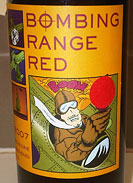 Stunningly Stupid … and if you happened into the LCBO this past weekend you might have noticed a cartoon-style label on a bottle of Bombing Range Red with a red sticker adorning a certain part of the label. For those who were curious and intrepid enough to remove the sticker, expecting to find profanity or nudity you were disappointed to find a glass of red wine that (with the right amount of imagination) might have resembled a bomb — or at least a glass with a bomb-style fuse. Is this a case of political correctness gone amok? Or is the LCBO afraid we’ll get bombed upon seeing the sight? Personally I am stunned at what the higher ups at the LCBO find offensive or what they think we are too … I don’t know … childish, immature, delicate (you pick your word) to see? As it turns out the truth is even more stunningly stupid then I originally thought. It was ordered to be applied by the LCBO Quality Assurance Department, because the pilot is holding a glass of wine and as part of the LCBO’s social responsibility function they don’t want to give you the impression that it is a responsible action to drink and fly … So instead of taking it as the cartoonish fun that it is, the LCBO has to go and ruin it; but the last laugh is on the Board, because anyone worth their salt will be peeling that sticker off post-haste with a “why the f**k did they cover that” question on their face and on their lips. Thanks for being there to save me LCBO, from the evils that men do.
Stunningly Stupid … and if you happened into the LCBO this past weekend you might have noticed a cartoon-style label on a bottle of Bombing Range Red with a red sticker adorning a certain part of the label. For those who were curious and intrepid enough to remove the sticker, expecting to find profanity or nudity you were disappointed to find a glass of red wine that (with the right amount of imagination) might have resembled a bomb — or at least a glass with a bomb-style fuse. Is this a case of political correctness gone amok? Or is the LCBO afraid we’ll get bombed upon seeing the sight? Personally I am stunned at what the higher ups at the LCBO find offensive or what they think we are too … I don’t know … childish, immature, delicate (you pick your word) to see? As it turns out the truth is even more stunningly stupid then I originally thought. It was ordered to be applied by the LCBO Quality Assurance Department, because the pilot is holding a glass of wine and as part of the LCBO’s social responsibility function they don’t want to give you the impression that it is a responsible action to drink and fly … So instead of taking it as the cartoonish fun that it is, the LCBO has to go and ruin it; but the last laugh is on the Board, because anyone worth their salt will be peeling that sticker off post-haste with a “why the f**k did they cover that” question on their face and on their lips. Thanks for being there to save me LCBO, from the evils that men do.